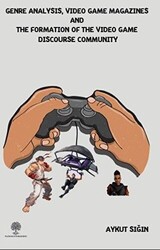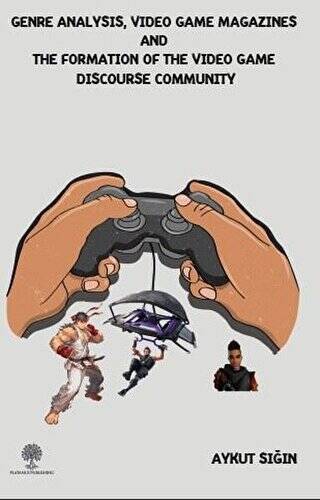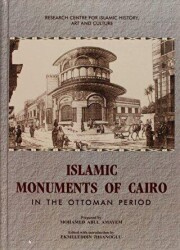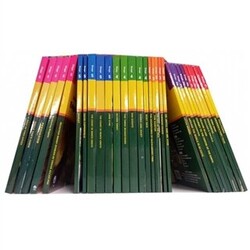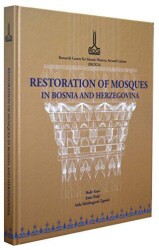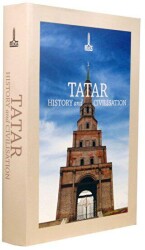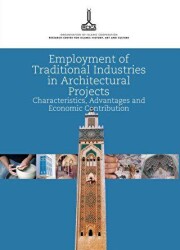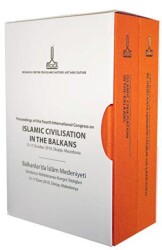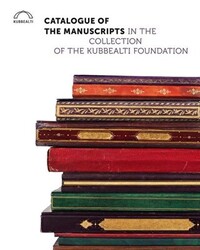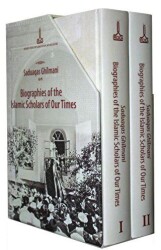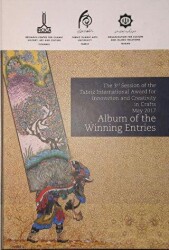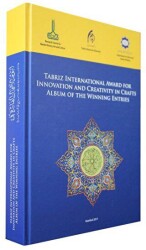Genre Analysis, Video Game Magazines and the Formation of the Video Game Discourse Community
Tükendi
Stok AlarmıThe book you are currently holding in your hands is an offshoot of my Master’s thesis entitled *A Genre Analytic Study of the Game Review Sections of Video Game Magazines*. The reader might maintain that there is no difference between the original work and the offshoot and they would be right. The difference lies neither in the end product nor in the process of production, but in the approach to the product. As this was a linguistics thesis, my focus was primarily on the linguistic aspects of video game magazines. However, social sciences are not easily distinguishable from one another and today, 8 years after the original work was created, I tend to regard this as more of a sociological work. The reason is simple; as a linguistics student, my aim was to unveil the linguistic riches of those magazines then. This meant delving into the lexical and grammatical peculiarities of the magazines in question. As an academician in the field of sociology at present, however, I could not simply ignore the sociological findings of my work. Who are the participants and their roles and relations when someone is talking about video game magazines? What is a discourse community and what does it entail? What does it have to do with the language used in any magazine at all? The findings of the study answered these questions and more back in 2012. It was only after I was introduced to sociological theories that I realized this text could be read in other ways. For example, the symbolic interactionist theory in sociology would benefit from the roles and the relations of the participants of video game magazines and how
they help establish a unique discourse community. In times when the digitalization of society is debated vehemently, an analysis of the discourse communities established by gamers are expected to contribute to the discussion. Therefore, this study is meant to be read from a post-structuralist perspective, creating a new interpretation of the original.
